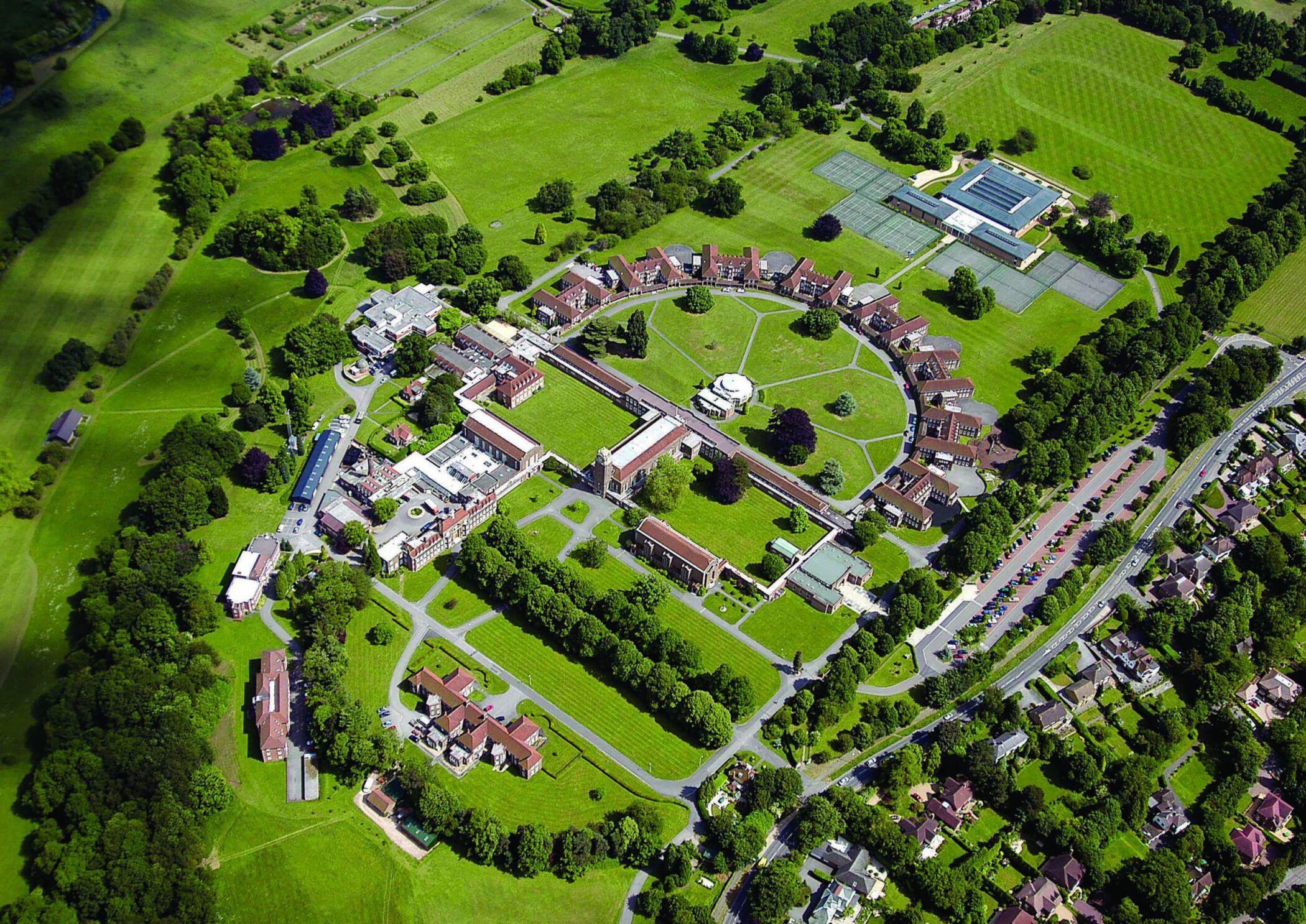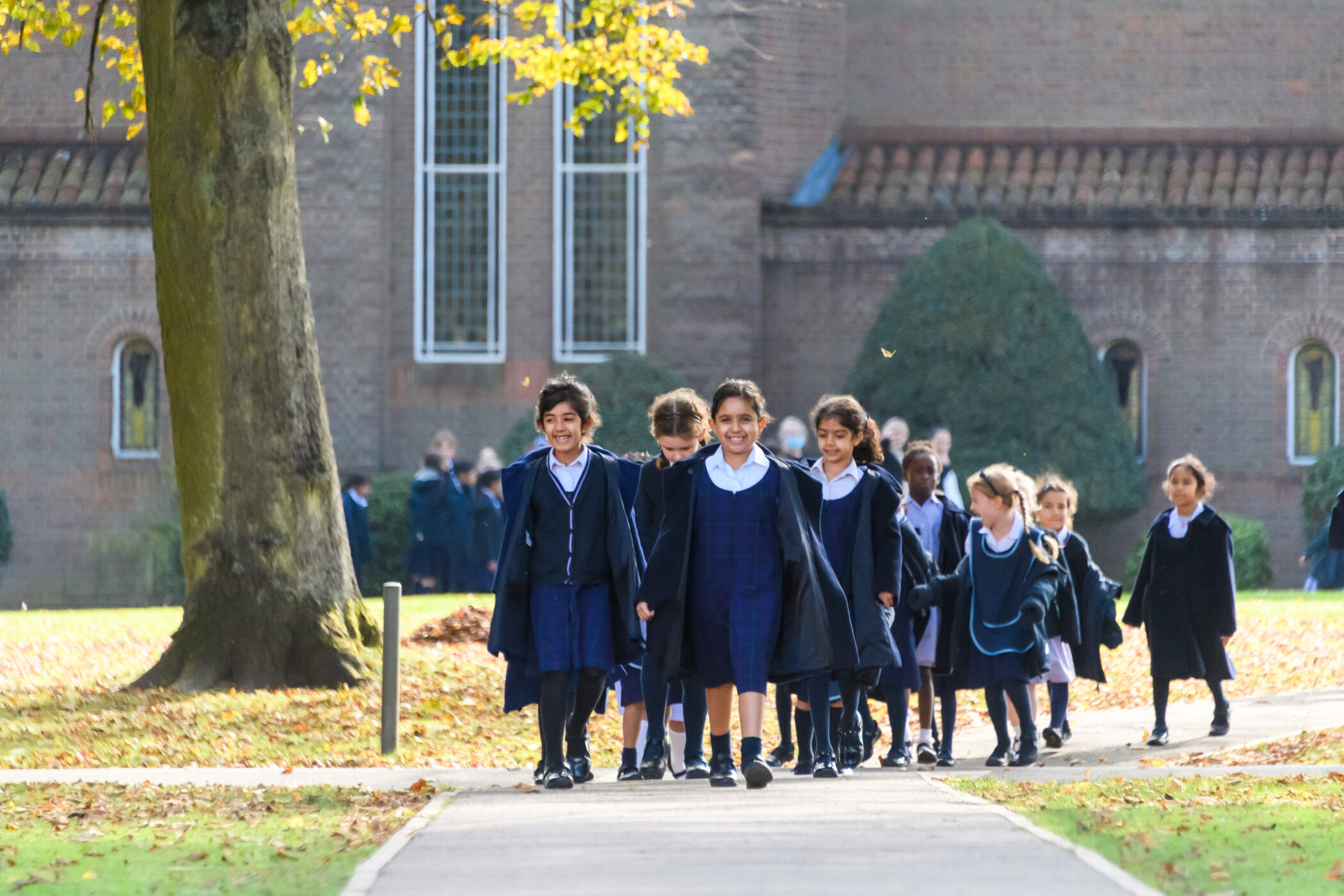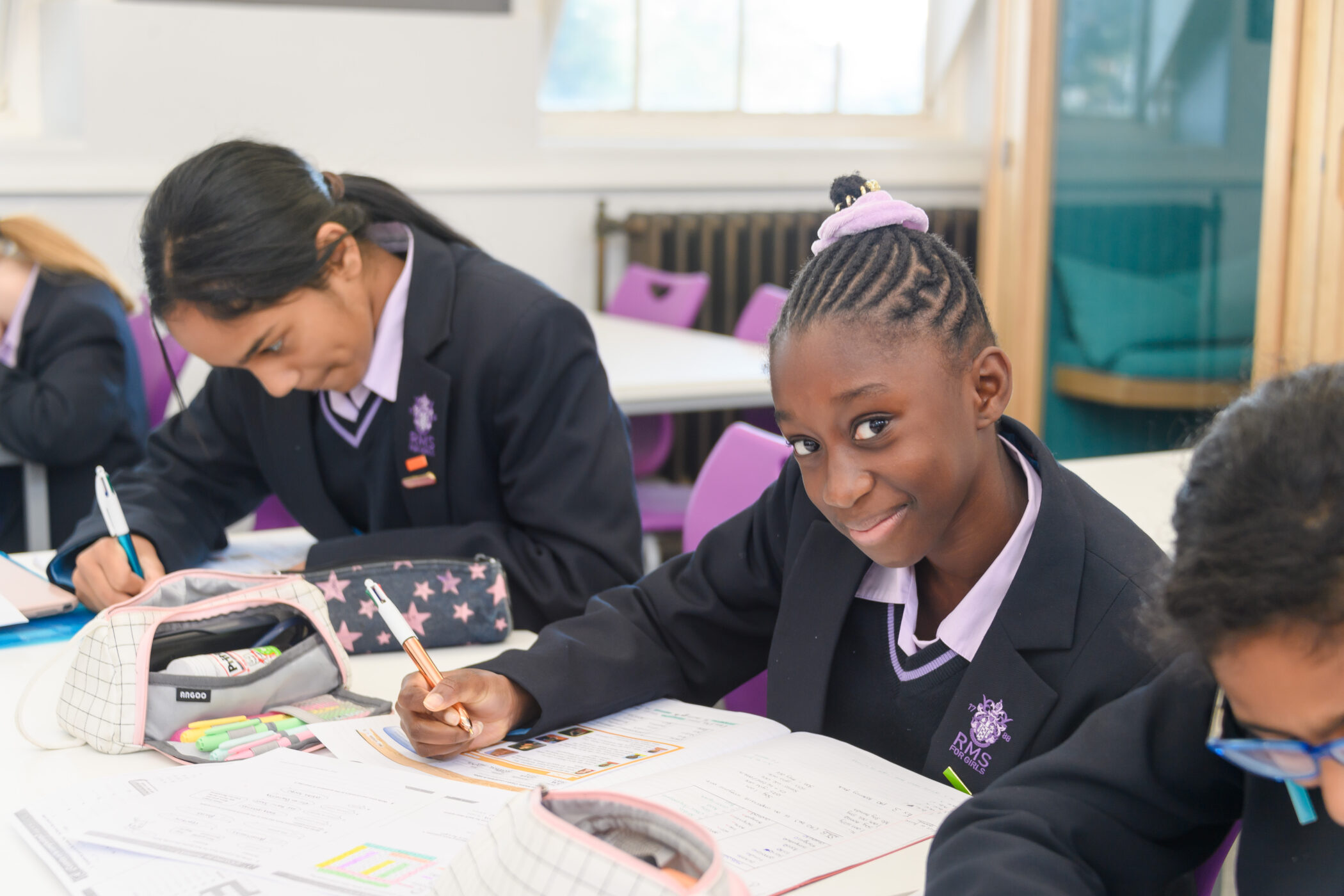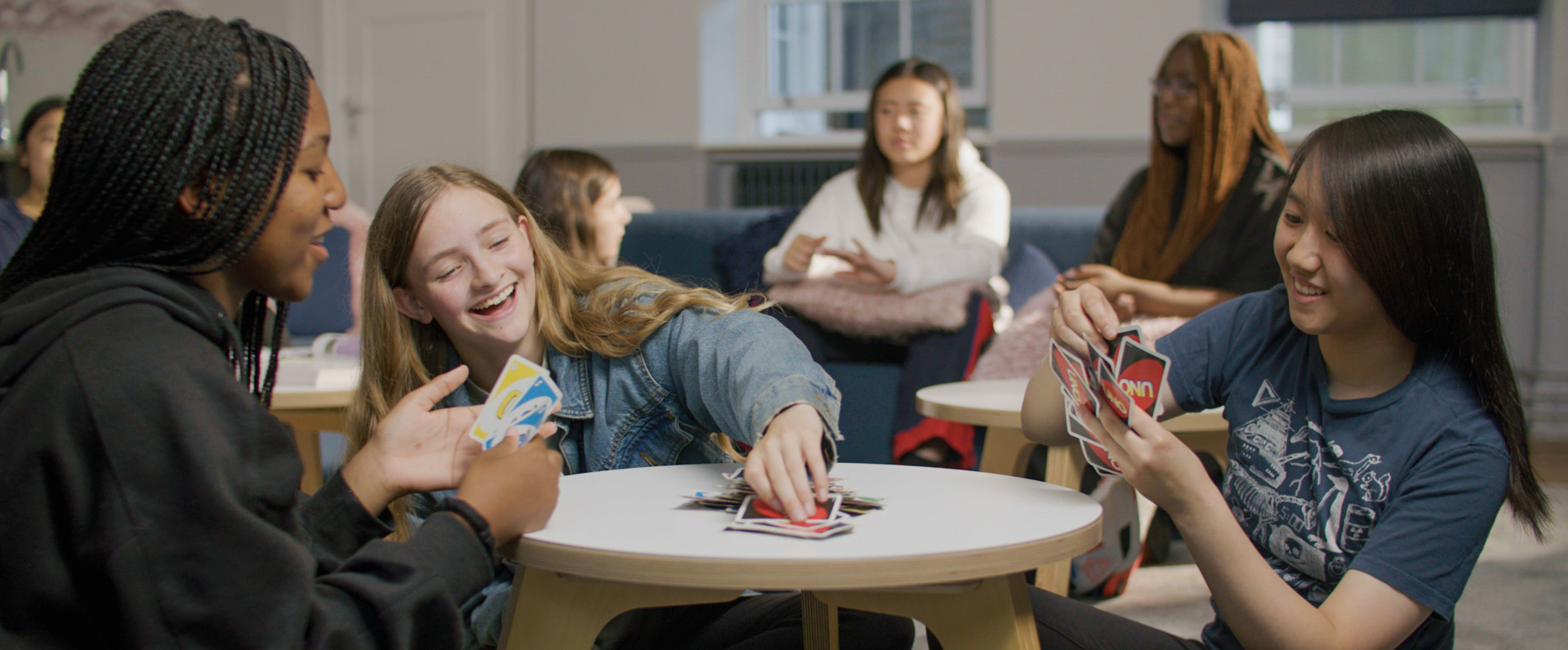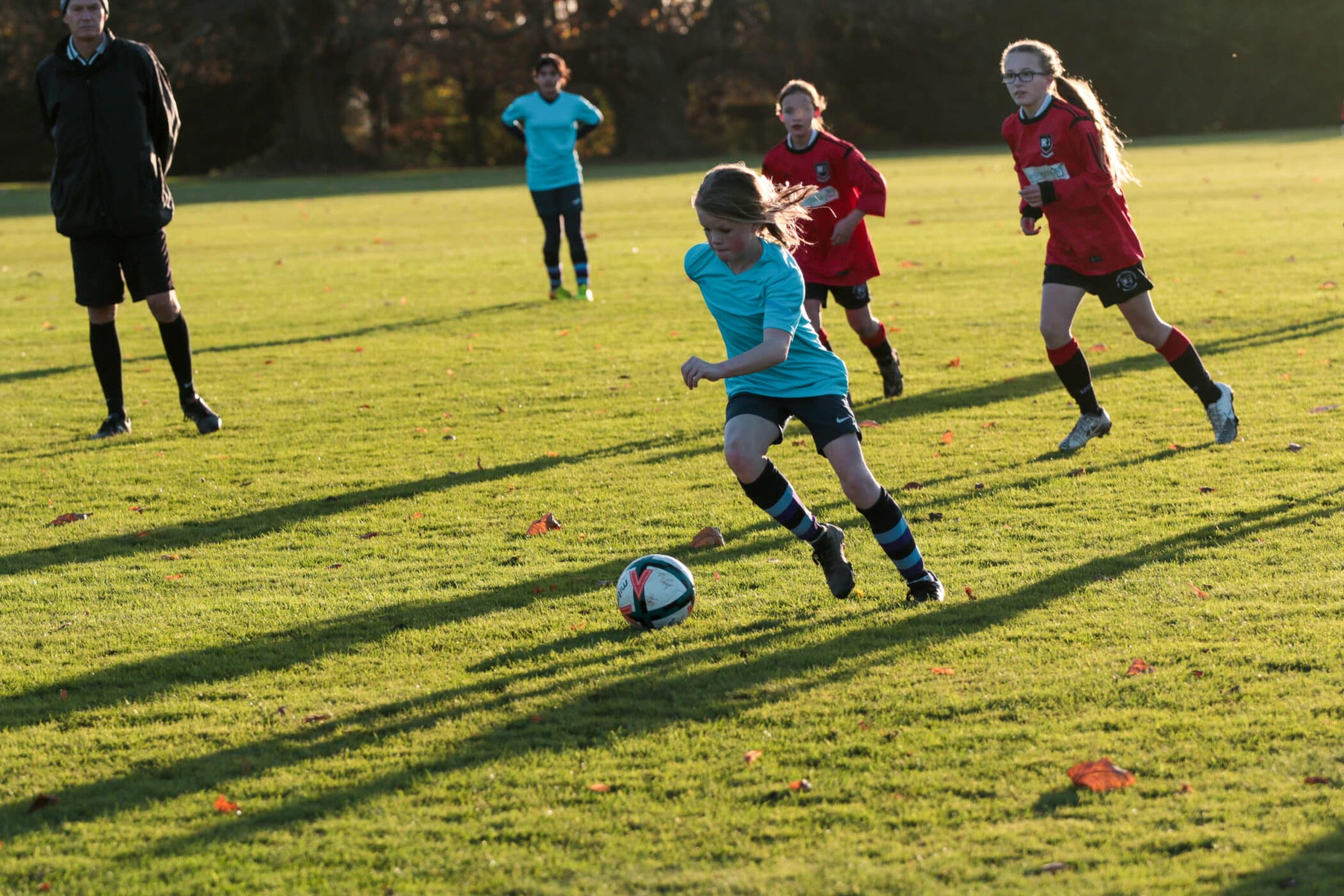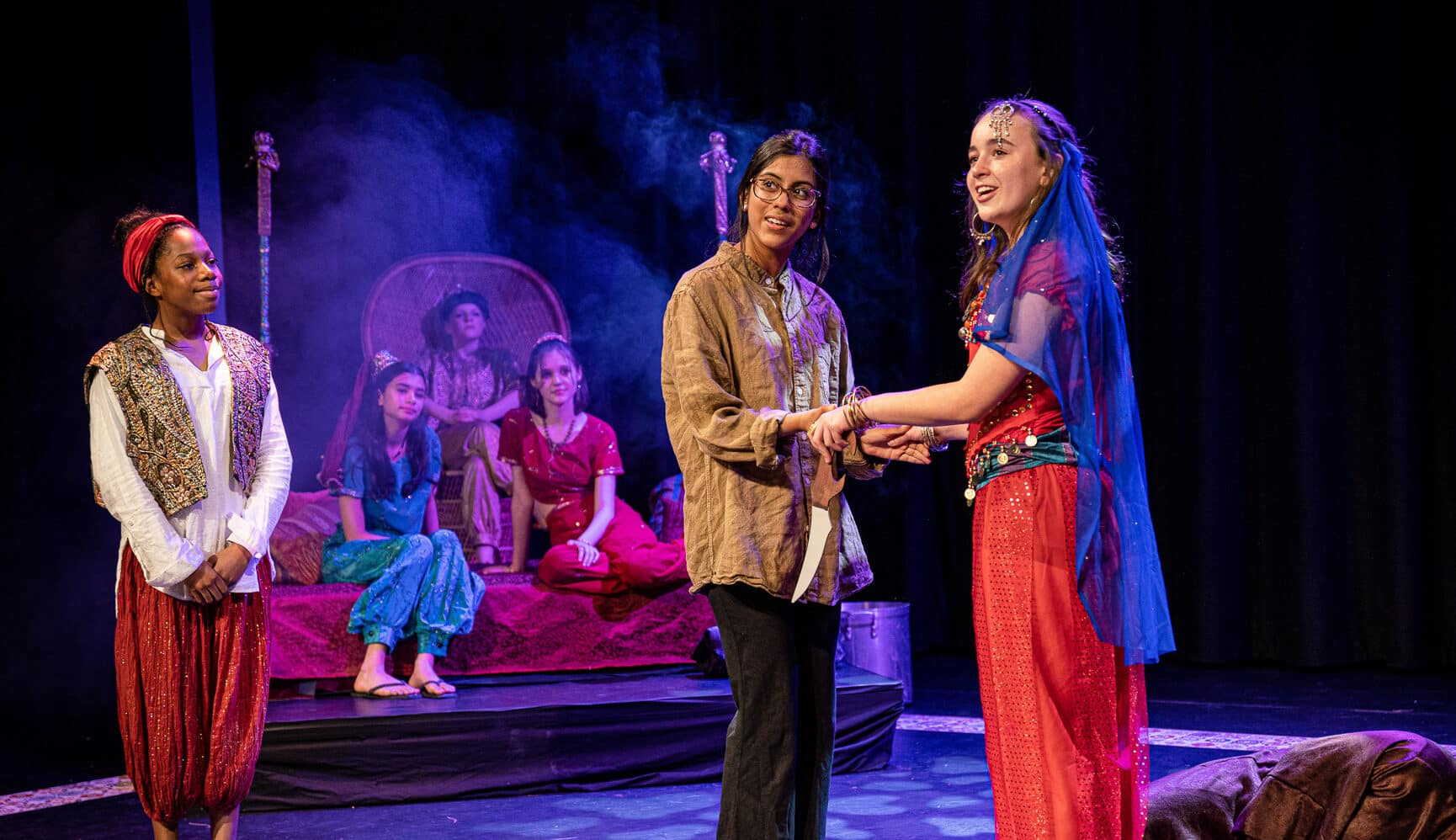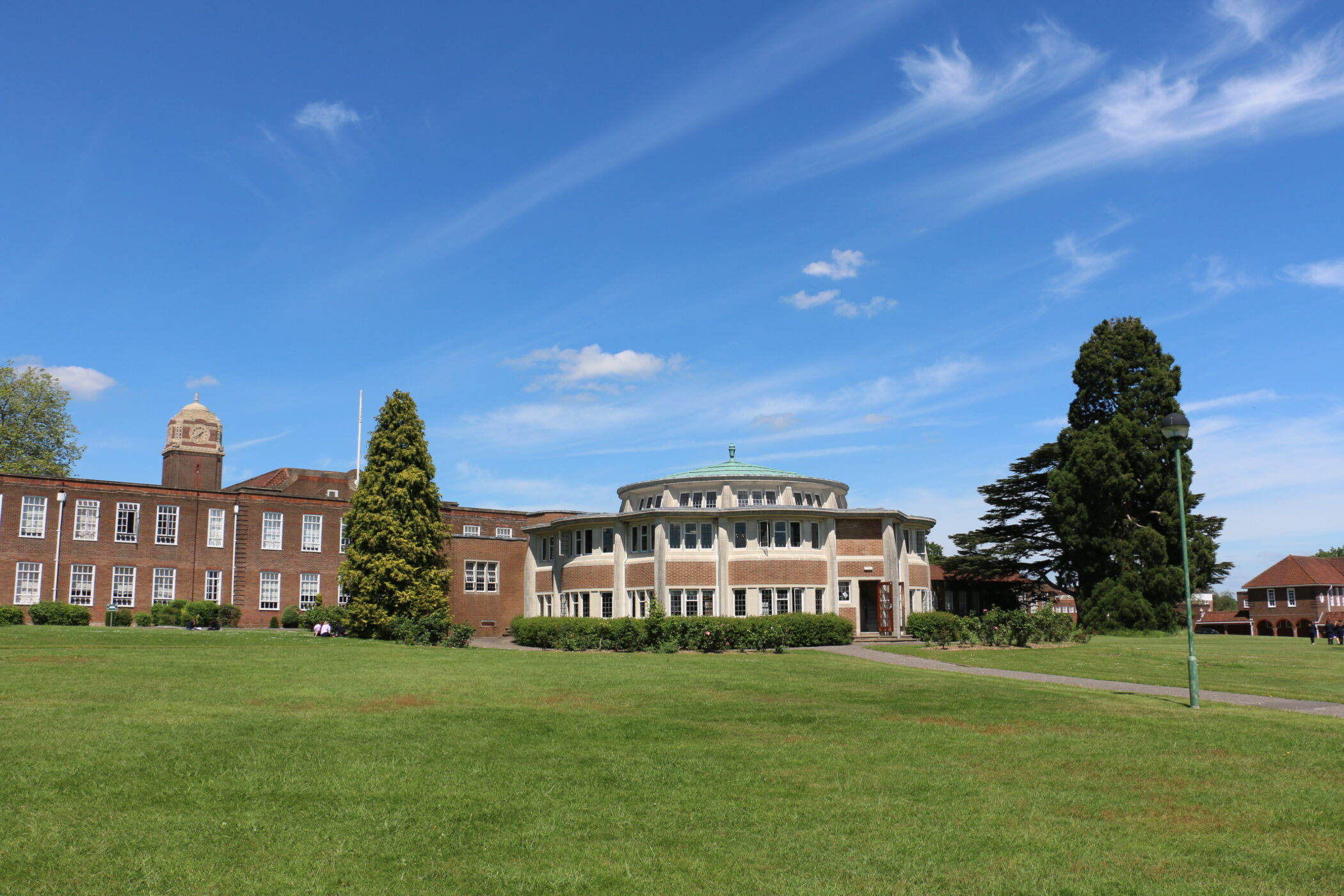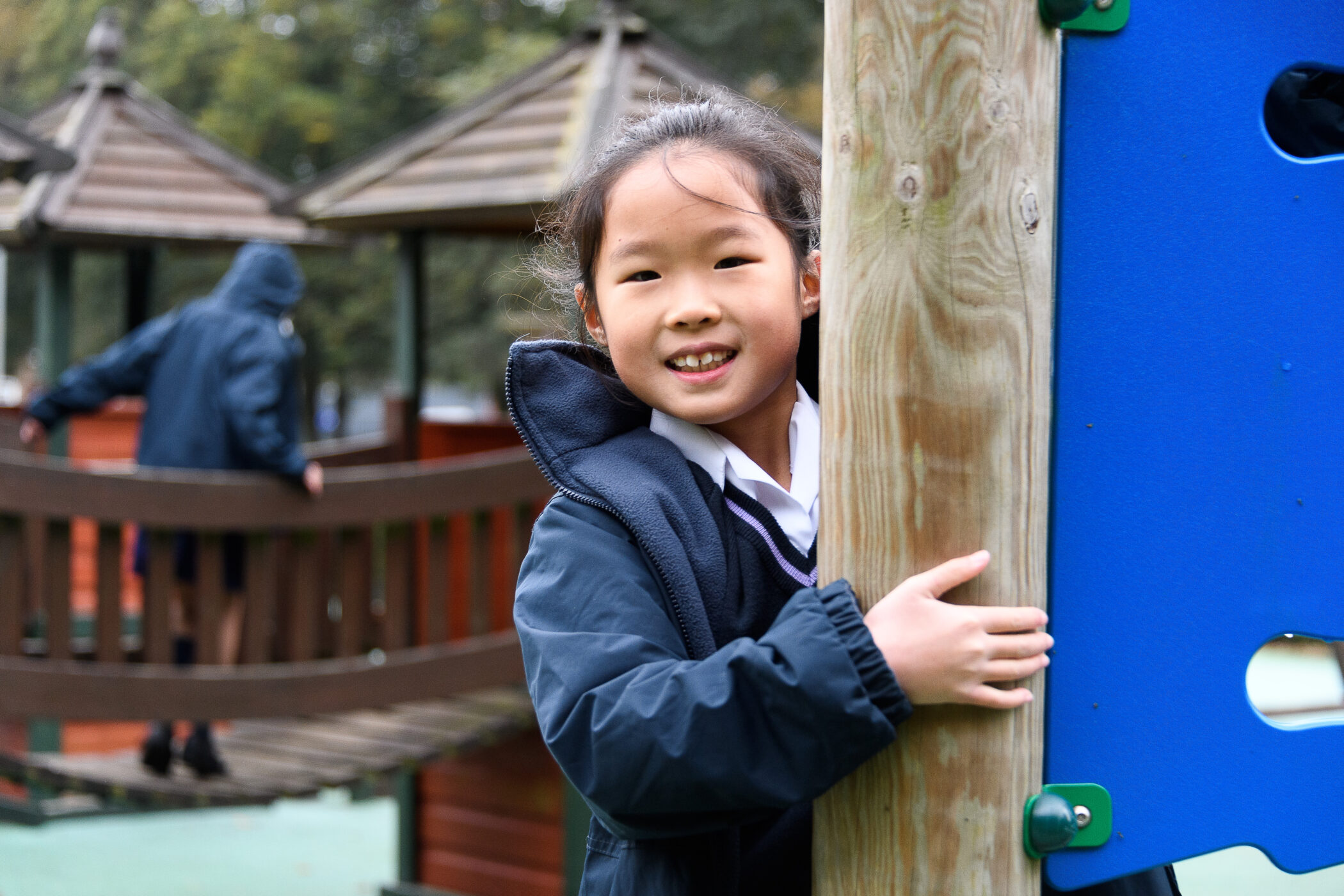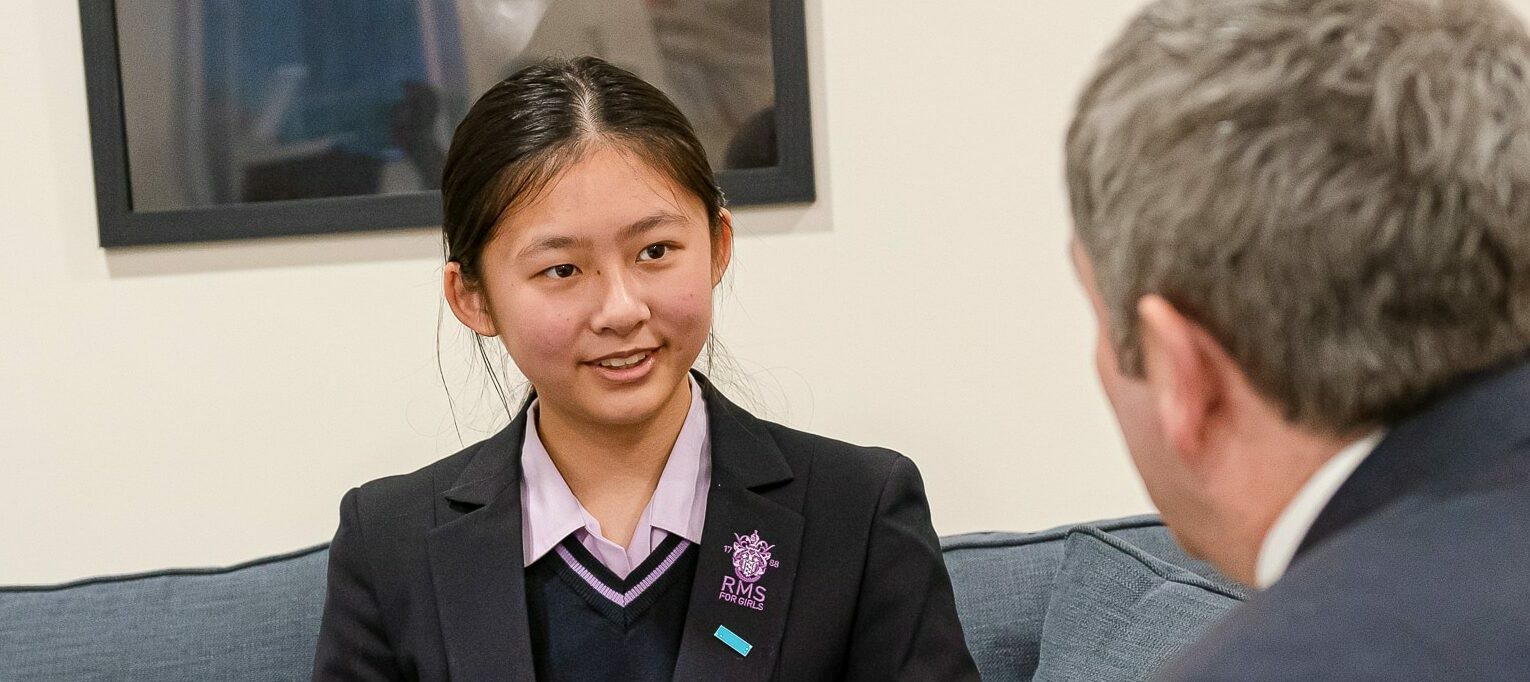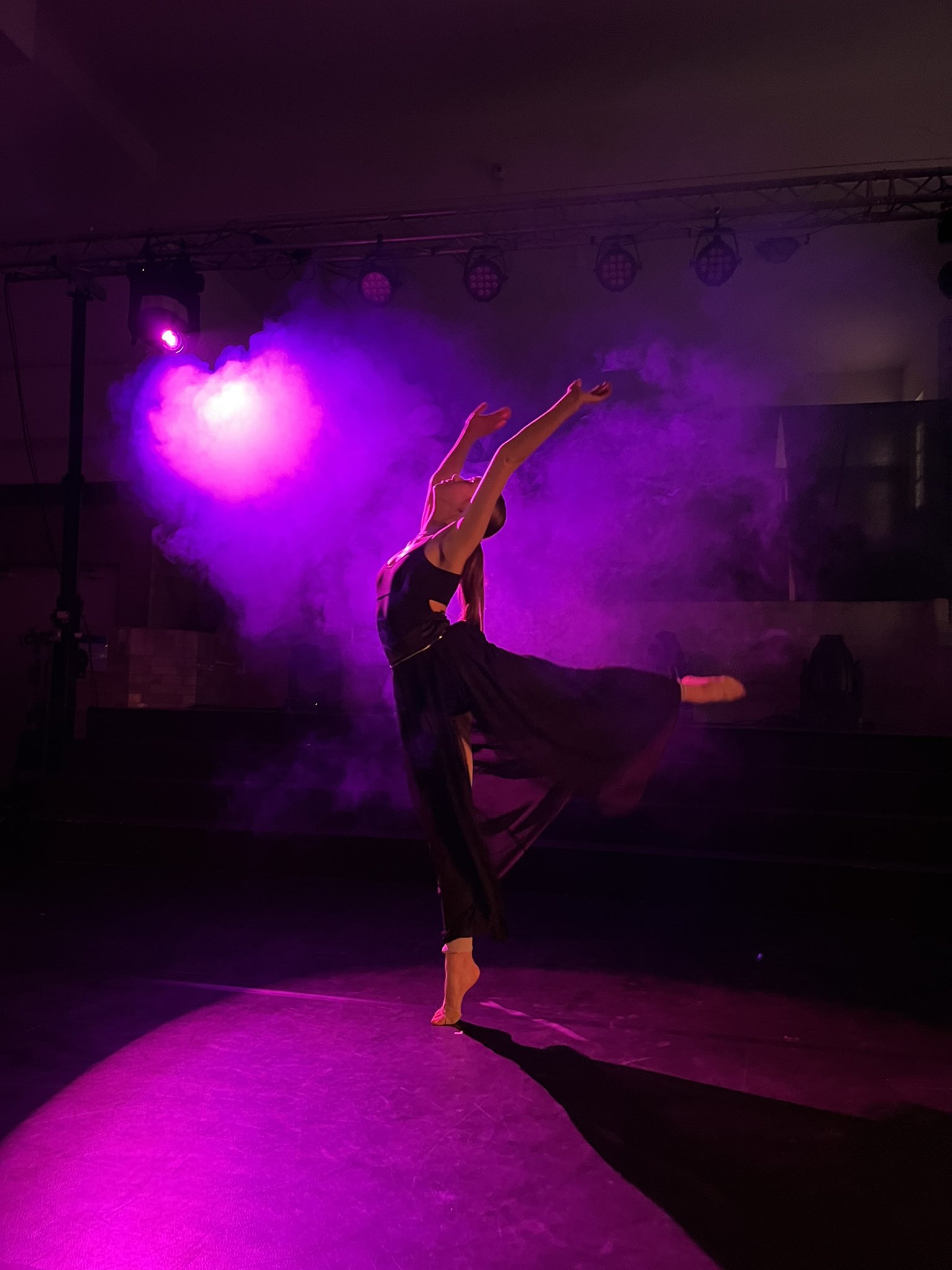Our academic culture is powered by girls who want to learn and teachers who love to teach. When you visit us, you’ll feel the ingenuity fizzing in every classroom.
Curriculum
In the first three years, we offer a broad range of subjects including the arts, humanities, computing and PE. From Year 7, Science is taught as individual disciplines – Biology, Chemistry and Physics – and our girls will also learn French and Spanish as part of the normal curriculum, having the option to replace one of these languages with Mandarin or Latin from Year 8.
In Year 9 our curriculum becomes further personalised. Subjects the pupils develop an affinity with can be explored further. Pupils can choose three subjects from Music, Drama, Food and Nutrition, Design Technology, Art and Textiles to spend twice as much time studying as they would in Year 7.
At GCSE level, it is compulsory for our pupils to take English Language and English Literature, Mathematics, the Sciences (either Biology, Chemistry and Physics as separate subjects or Combined Science). Alongside these, pupils choose ‘optional’ subjects which align to their interests.
Subjects on offer include: Fine Art, Textiles, Computer Science, Drama, Food and Nutrition, Geography, History, Music, PE, Business Studies, Design Technology and Religious Studies, French, Spanish, Latin, Mandarin, Astronomy, Greek, Health and Social Care.
Staff
Our teachers share their expert subject knowledge with passion and creativity. All have degrees closely related to their subject and many have higher degrees and PhDs from leading universities. An extensive professional development programme ensures our staff are ahead of the curve; giving our girls the very best academic experience.
GCSE Results
We have a long tradition of academic excellence, evidenced by our results in public examinations. In 2023, an impressive 56% of GCSE results were grades 7-9 and 36% grades 8-9. While it is easy to focus on statistics, we understand that these do not tell the full story of our pupils and that success looks different for every individual. We celebrate every pupil’s unique pathway into adulthood and the world of work.
Inclusion in our Senior School
At RMS our Inclusion department is called PALS (Provision of Assisted Learning and Support).
Our aim is to support students with additional needs to access the mainstream curriculum, reach their academic potential, and thrive at our school.
What types of need can be supported at RMS?
At RMS, we support our pupils across the four broad areas of need:
- Communication and interaction. For example; autistic spectrum disorder, speech and language difficulties
- Cognition and learning. For example; dyslexia, dyspraxia, dyscalculia
- Social, emotional, and mental health difficulties. For example; attention deficit hyperactivity disorder (ADHD)
- Sensory and/or physical needs. For example; hearing impairments, processing difficulties
Students at RMS need to be able to access our mainstream school environment independently, but we appreciate that some may need supportive strategies.
The department works closely with staff and parents to offer weekly one-to-one and small group lessons on general study skills or subject-specific support.
English support is given to girls whose first language is not English, which may include IELTS.
Who can the parents talk to about their child’s needs?
Mrs Hawkins, Director of Learning Support (SENCo), would welcome the opportunity to discuss your daughter’s needs in the Senior School and Sixth form.
